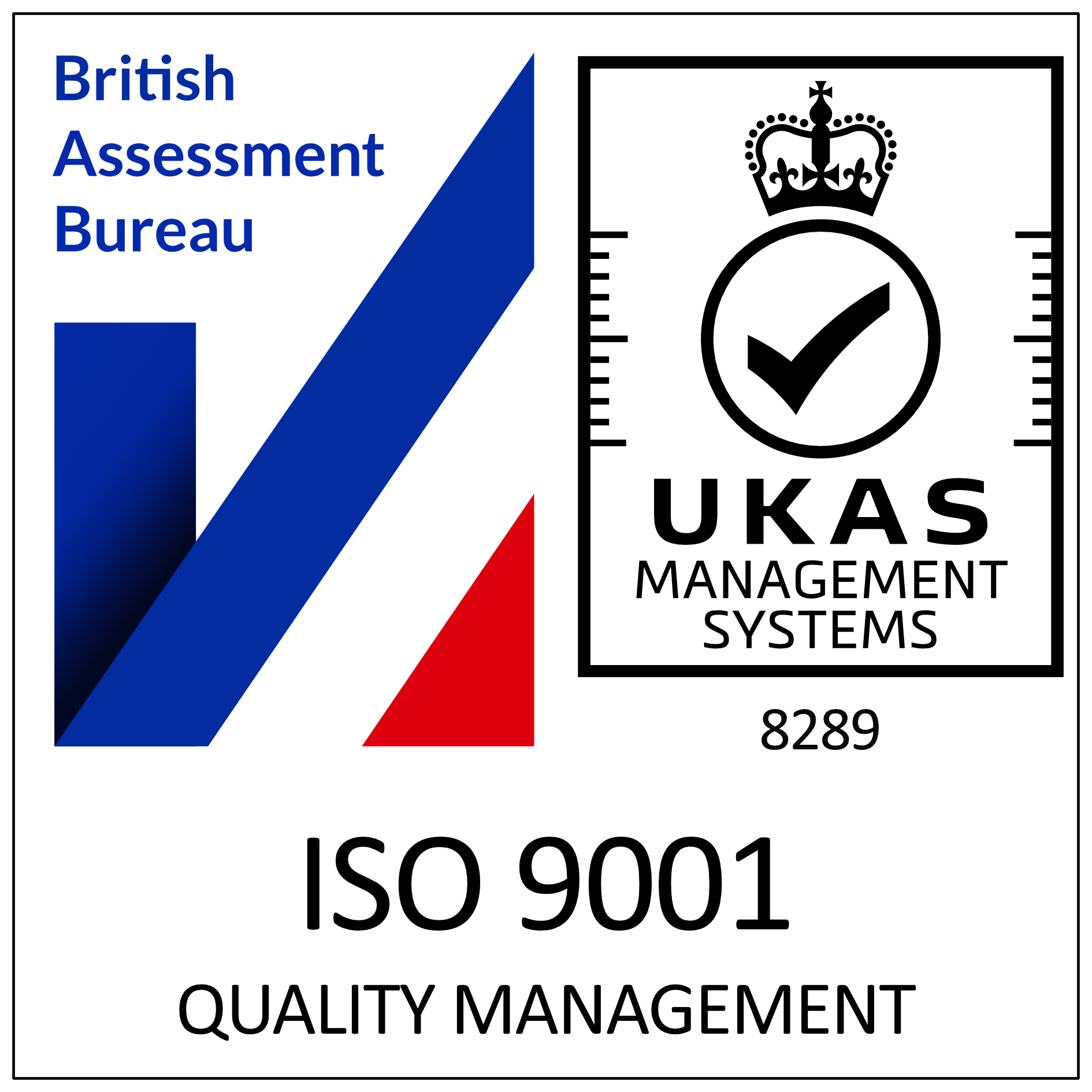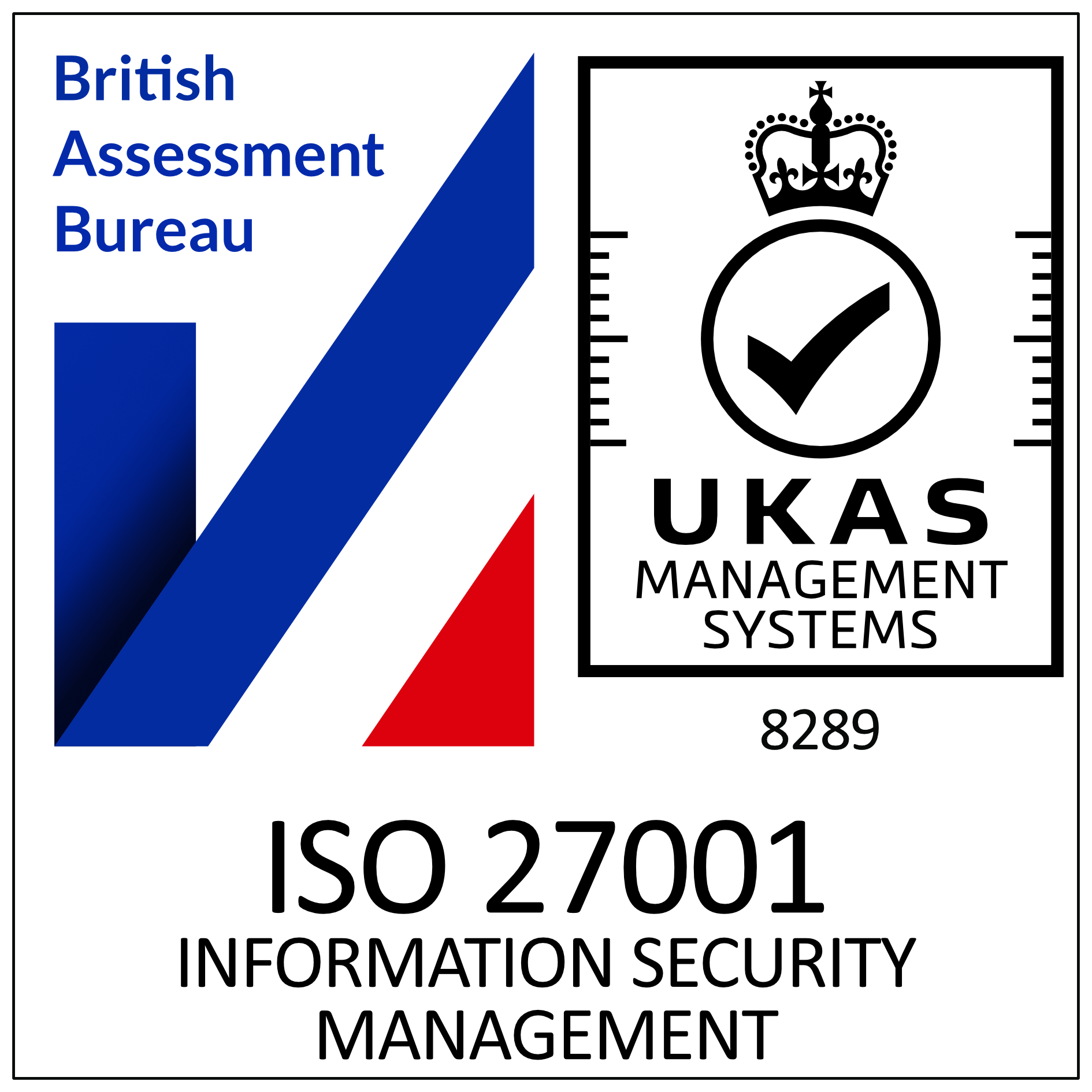
It is all too easy for a business to lose control of a recruitment process – and therefore visibility of the true recruitment spend. An undermanaged recruitment process can drain money out of a business without anyone realising it, as well as causing a number of other issues. And whilst we know exactly how to stop that from happening, we also know that the key is recognising it in the first place.
Here are 5 signs that your business is spending too much on recruitment.
1. Your Recruitment Process Is Not Consistent
If your recruitment process isn’t being followed consistently, you are less likely to deliver a good experience for candidates. As a result, they are more likely to drop out. That means you’ll either have to start the process all over again or use agencies to pick up the load for you. This can easily lead to agency spend ramping up.
Even worse, if steps in the process have been skipped, you could end up with a bad hire in your business which will result in wasted time spent on induction, training and onboarding. Not to mention the additional cost due to the loss of productivity.
Getting the right candidate first-time is ideal and this isn’t always down to luck. It can and should be the result of a rigorous recruitment process. Here are a few examples of how the cracks can start to form:
- In-house staff working on recruitment simply don’t have enough experience to establish or follow a robust recruitment process that will ensure the best candidate is appointed
- You’ve got such a backlog of vacancies to fill that you’re rushing your decisions
- Your employer brand isn’t strong enough to attract the best people
- You’re relying on agencies that don’t know your business well enough to ensure the best fit is recruited each time
Could Recruitment Process Outsourcing (RPO) be the answer to these issues? Read more about the benefits of outsourcing recruitment here.

In real terms, the average cost to employers of replacing a single employee is more than £30,000, and of that the greatest expense (more than £25,000) comes from loss of productivity caused by the time it takes – 28 weeks on average – for a new recruit to get up to speed




2. You Lack Internal Recruitment Expertise
If you don’t have the necessary recruitment expertise in-house, often the obvious workaround is to push all hiring out to agencies; even the easy stuff. That is a short-term solution that will drain your bottom line. Initially, you may think that it’s cheaper to pay agency fees than fund another recruitment head in-house or outsource recruitment. However, you may now have reached a point where that tradeoff needs to be reviewed.




If you hire ten people a year on the average UK salary (£38,600) at a typical agency rate of 20%, you’ll spend an eye-watering £77,200 on agency fees alone and will not be tapping into any of the added value benefits you’d get if you partnered with an experienced recruitment outsource provider




3. You’re Using Multiple Agencies
It’s highly likely that as your business has grown and expanded, you’ve needed to recruit across a variety of different specialisms and niche skill sets. This often leads to an unwieldy and unmanaged preferred supplier list with far too many agencies on it.
Ad hoc negotiations with the agencies as they’ve sourced talent for you will no doubt have led to varying terms and rates and very little consistency across the board. As a result, it’s unlikely that you’re benefiting from the buying power that a business hiring at volume demands and spending a significant amount on agencies.
4. Internal Staff Are Bogged Down With Day-To-Day Recruitment Processes
If your internal team is bogged down with day-to-day recruitment activities instead of focussing on more strategic priorities, just think of the value lost. Often it is your HR/recruitment/talent teams at the coalface of recruitment. But if your process isn’t great, recruitment can also begin to have a detrimental impact on the time of your hiring managers, meaning your bottom line is being affected. Time is money after all.
Another common trend we see is that because a lot of businesses hire generalist recruiters, they don’t have the knowledge, expertise or time to truly track recruitment spend or focus on setting up a future-proof, scalable recruitment process. Read the 10 signs that it’s time to outsource recruitment here.




It takes knowledge, experience and time to define a role, craft a job advert using the right language to encourage a diverse range of applications, advertise in the most appropriate places, sift through the responses, and narrow down a short-list. It takes expertise to identify, engage and secure the best candidates.




5. You Aren’t Hiring Fast Enough To Keep Up With Demand
Recruitment backlogs are costly for a business. When a business struggles to respond internally to peals of demand because the in-house recruitment process simply isn’t scalable, the financial impacts are huge. Just think of the lost opportunity and productivity costs caused by the recruitment lag.
As the pain of missed opportunities is felt, pressure mounts and often recruitment decisions are made quickly without thinking about the long-term impact of a bad hire and the real cost this will have on the business.
How To Reduce Your Recruitment Costs
There are ways to overcome these costly mistakes, of course. And you’ll be glad to know that it’s possible to benefit from the changes implemented pretty quickly. Download our free guide: 7 Ways To Reduce Costs By Improving Your Recruitment Process and you’ll find out how.
Thinking about outsourcing your recruitment? Find out how more about our Recruitment Process Outsource service here. You can also download our free business case to help you decide if RPO is right for you:







